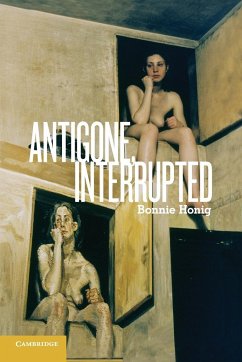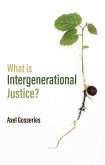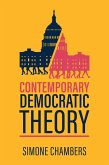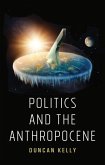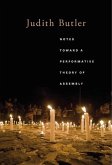Antigone, Interrupted explores the intertwined history of law, politics, gender and humanism through a new reading of Sophocles' classical tragedy. Studying the play in its fifth-century and modern contexts, Bonnie Honig argues for an Antigone committed not just to dissidence but to a positive politics of counter-sovereignty and solidarity.
Hinweis: Dieser Artikel kann nur an eine deutsche Lieferadresse ausgeliefert werden.
Hinweis: Dieser Artikel kann nur an eine deutsche Lieferadresse ausgeliefert werden.
'Honig's sweeping consideration of how the 'Antigone' is read and misread offers us a new way to approach the pauses, the ellipses, and the frank interruptions that punctuate this classic text. We have all struggled so hard to make the words mean in this or that way that we have perhaps forgotten the more dramatic features of the text in which relationships rupture, words trail off, and events still language. This book offers a trenchant analysis of sovereignty, belonging, and freedom through a perspective at once dramatic, literary, and political. Honig's sustained engagement with contemporary criticism shows how important the figure and text of Antigone is for any effort to think about the risks and the necessity of contestatory democratic culture.' Judith Butler, University of California, Berkeley

